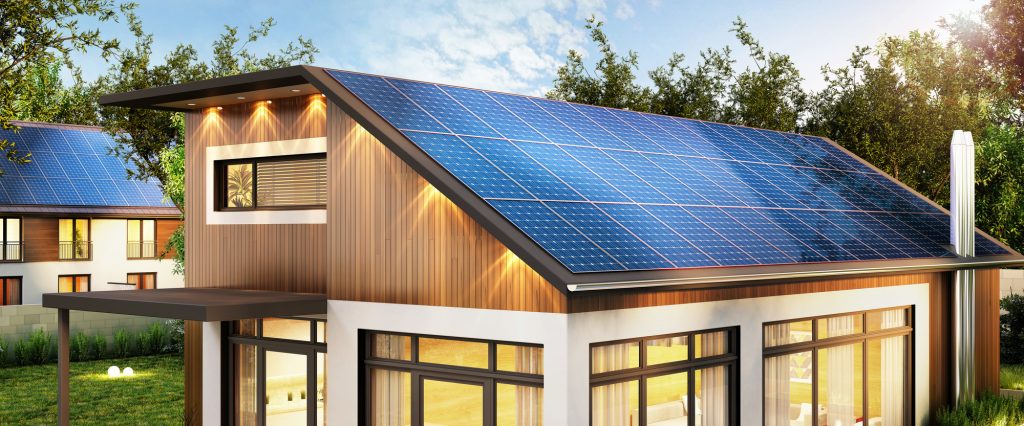
Are you undecided about installing solar power in your home?
Perhaps you’ve seen solar roofs popping up in your neighborhood and you too are tempted to do the same. But then you can’t do something just because your neighbors are doing it, right?
That’s probably why you’re looking for more information about solar power. Is it beneficial in any way? What are the downsides of solar?
Lucky for you, we’ve done research on the pros and cons of solar power. Keep reading this article and you’ll have the information you need to make a sound decision about installing solar.
Solar Power Is Cost-Effective
If there’s something that 2020 reminded you of (of course besides the need to sanitize and social-distance because of the COVID-19 disease) is how high energy bills can get. With people staying home, electricity consumption has shot up, as have electric bills. Where an average user used to pay about $120 a month, now they fork out over $300.
If your energy bills are skyrocketing and you want to do something to bring them down, solar power is the answer. When you install solar panels in your home and go solar 100%, you’ll have zero energy bills. All you will have to contend with is the routine maintenance costs of your solar power system.
Yes, the initial installation cost can be high, but there are federal, state, and even dealer incentives that will result in significant solar panel savings when you buy.
Solar Power Is Good for the Environment
Installing solar power enables you to kill two birds with one stone. You get to make big energy bill savings while helping the environment, which is under climate change threat.
81 percent of the U.S. gets its power from fossil fuel. The conversion of these fuels into electricity is one of the largest sources of greenhouse emissions. Going solar, along with embracing other sources of renewable energy, is the only way we can reduce America’s reliance on fossil electricity, thus helping reduce greenhouse emissions.
The Upfront Cost Can Be Prohibitive
Although there are financial incentives to be reaped when you install solar, the upfront cost can still be out of reach for most Americans. Especially at a time when millions have lost jobs and businesses due to the COVID-19 pandemic, it’s easy to see how people are going to raise about $15,000 – which is the average cost of solar panels – to buy and install solar panels.
Solar Power Can Be Intermittent
Solar panels convert the sun’s rays into electricity.
We know what you’re thinking already. What if the sun doesn’t shine?
You’re right, when there’s no sunshine, it’s possible that solar panels will be ineffective. This also means that areas that don’t receive lots of sunshine or homes with lots of foliage are at a disadvantage.
As solar tech advances, though, more powerful panels that can capture the sun’s rays even in the dark are being made, as are energy storage batteries.
Solar Power: Know What You’re Getting
Solar power can reduce your energy bills to zero and being clean energy, it does no harm to the environment. However, the cost of going solar is too high for most people and solar power can be unreliable.
Do the pros outweigh the cons? We think so!
It’s time to go solar and keep tabs on our blog for more informative articles.